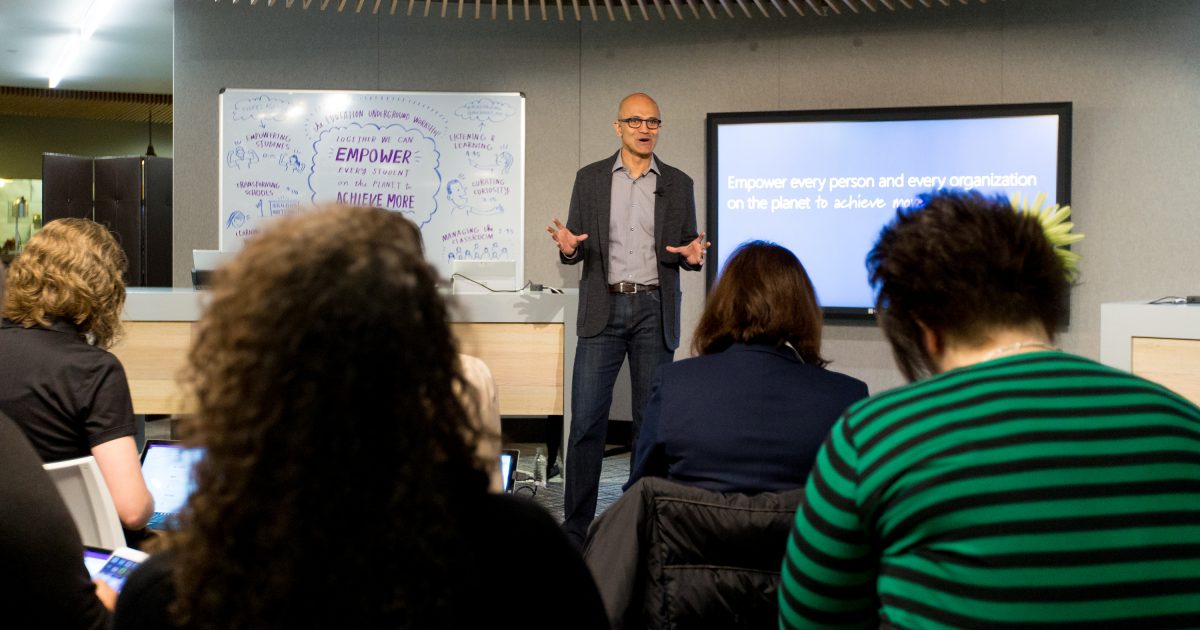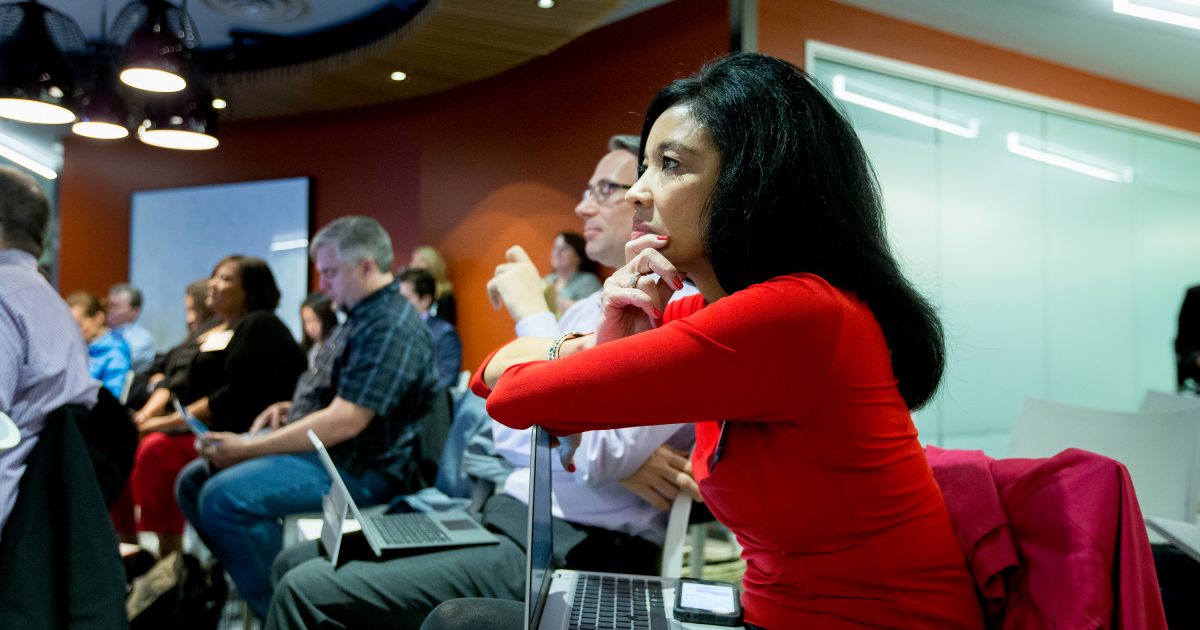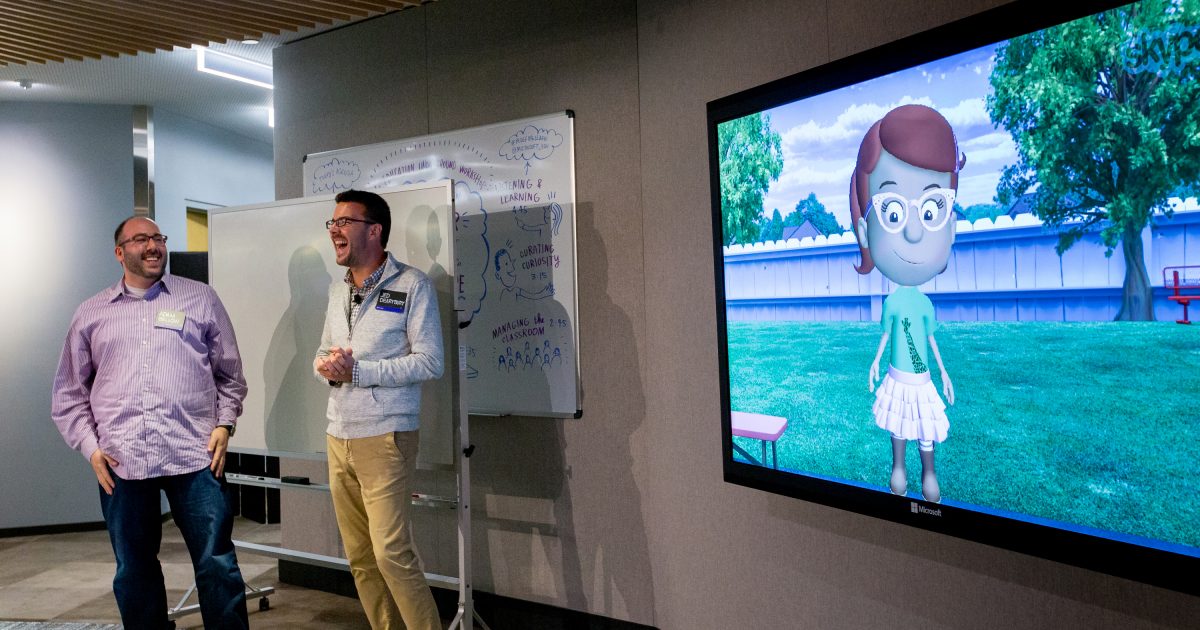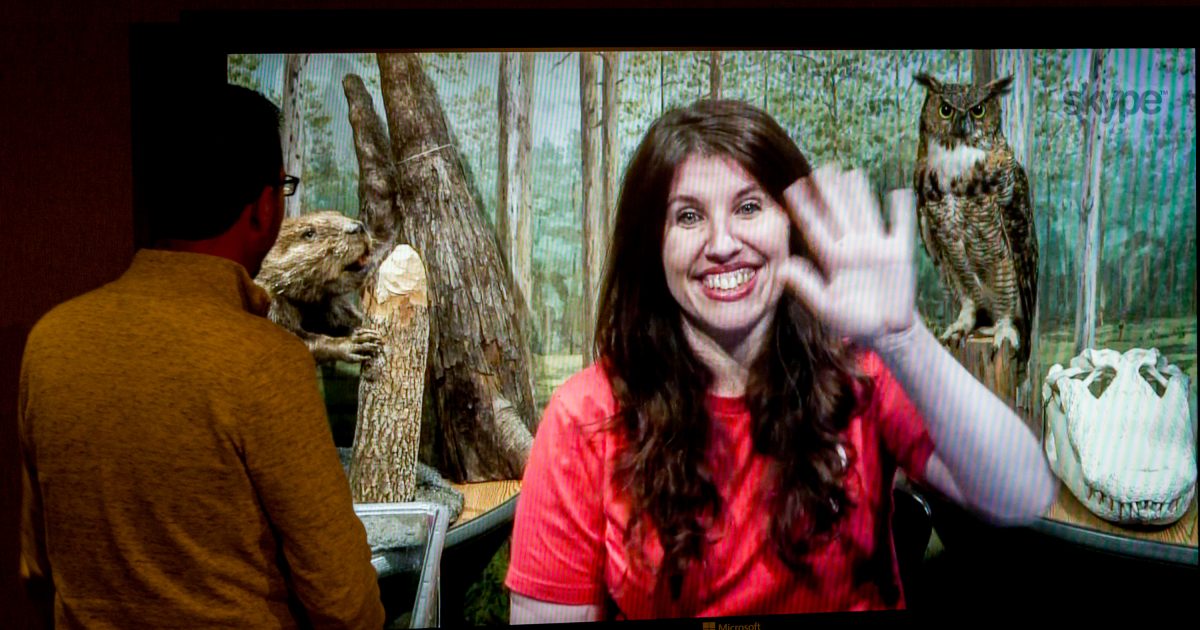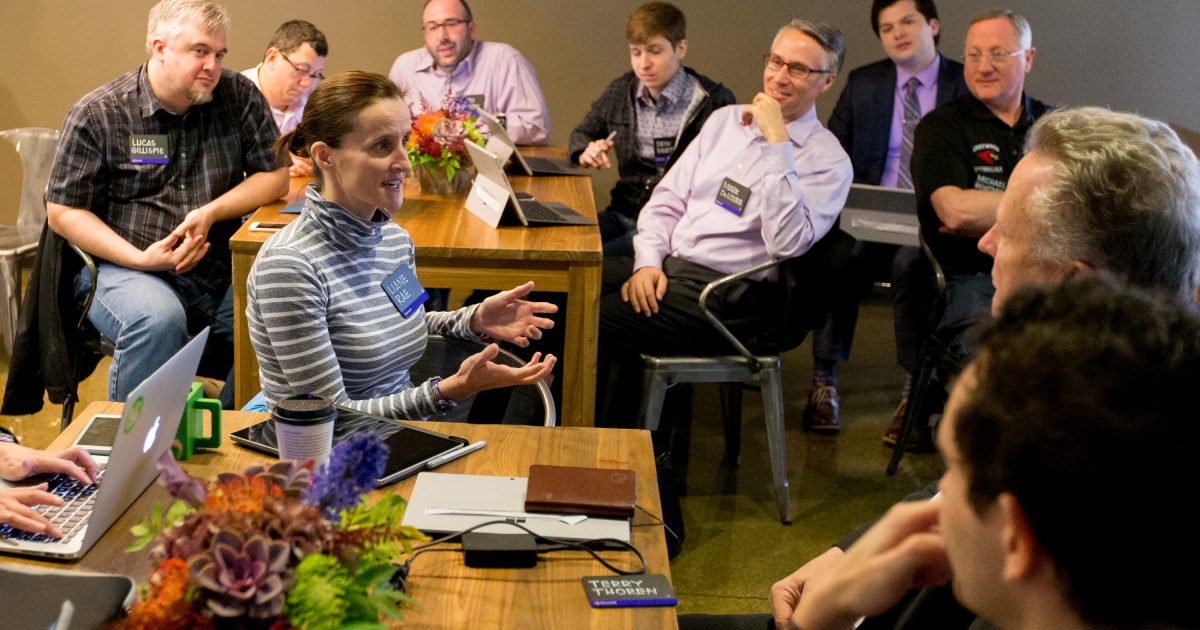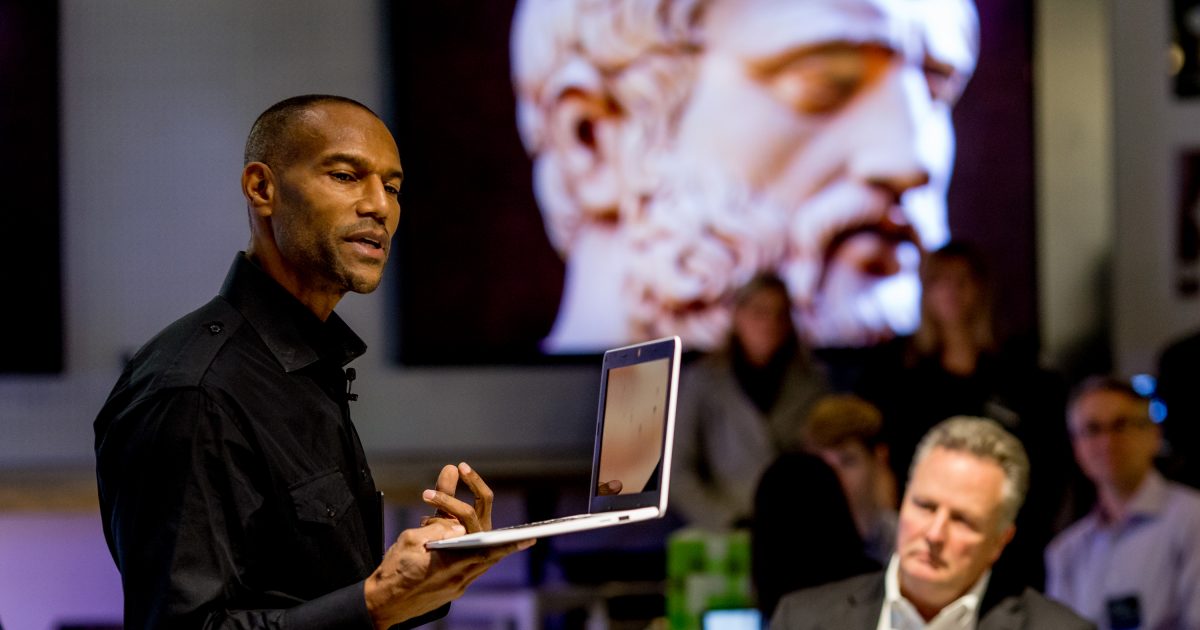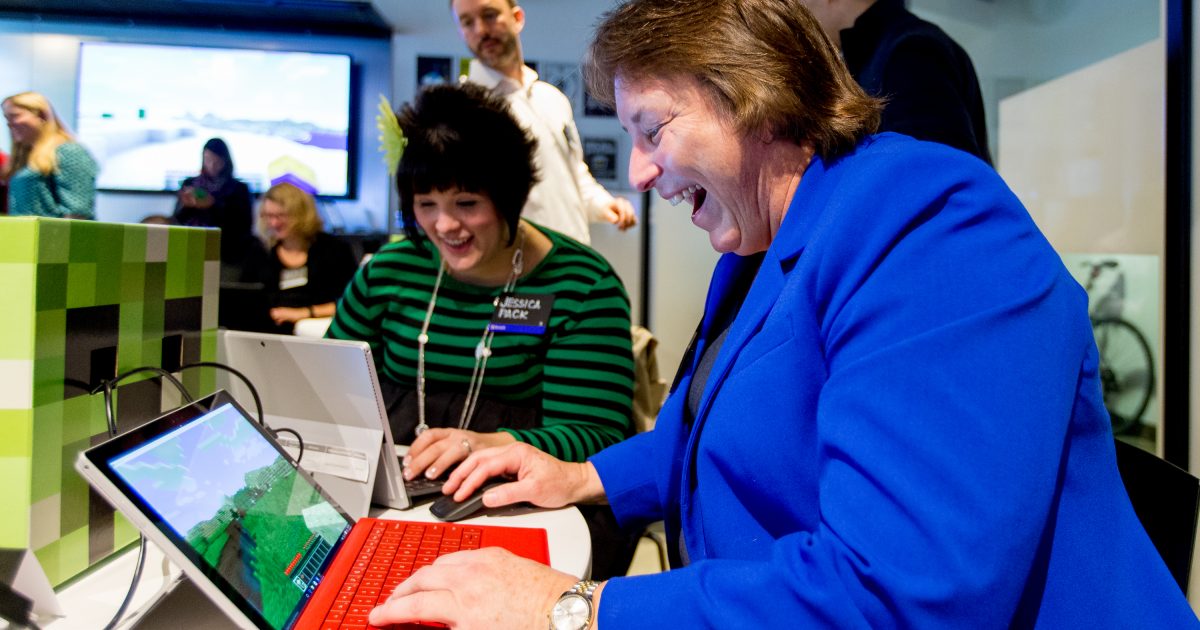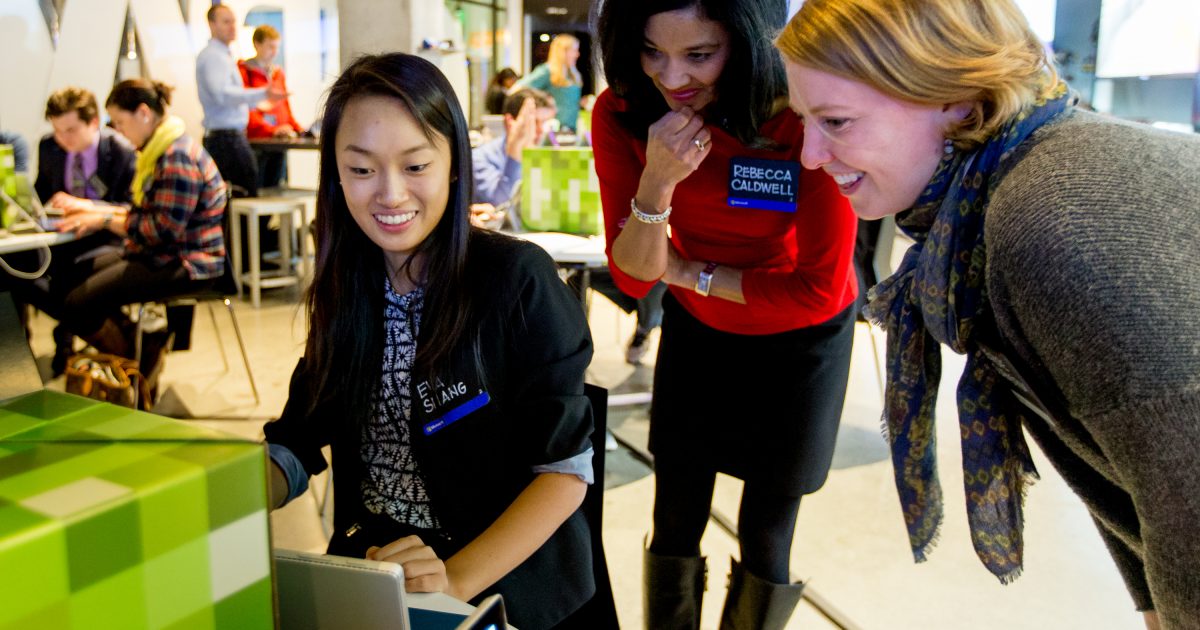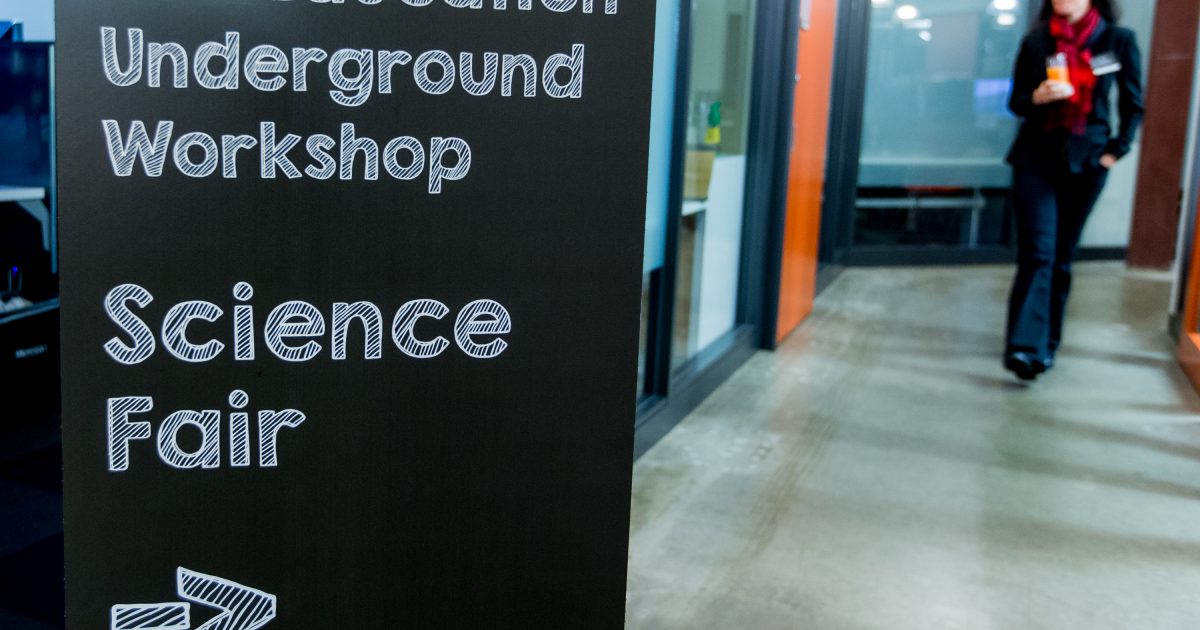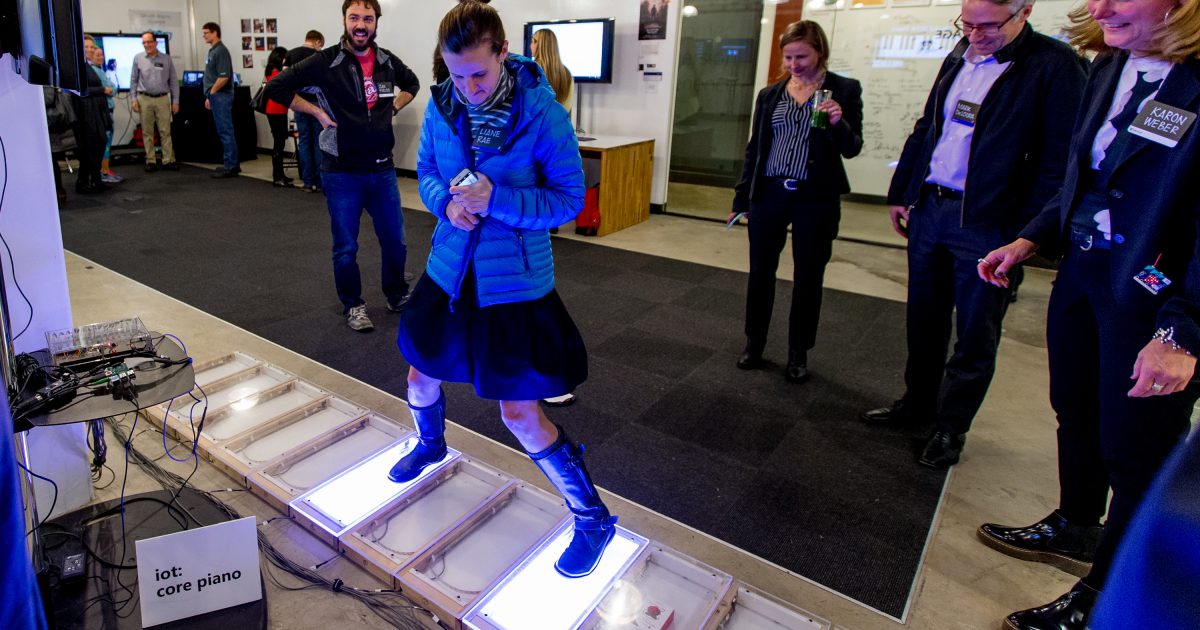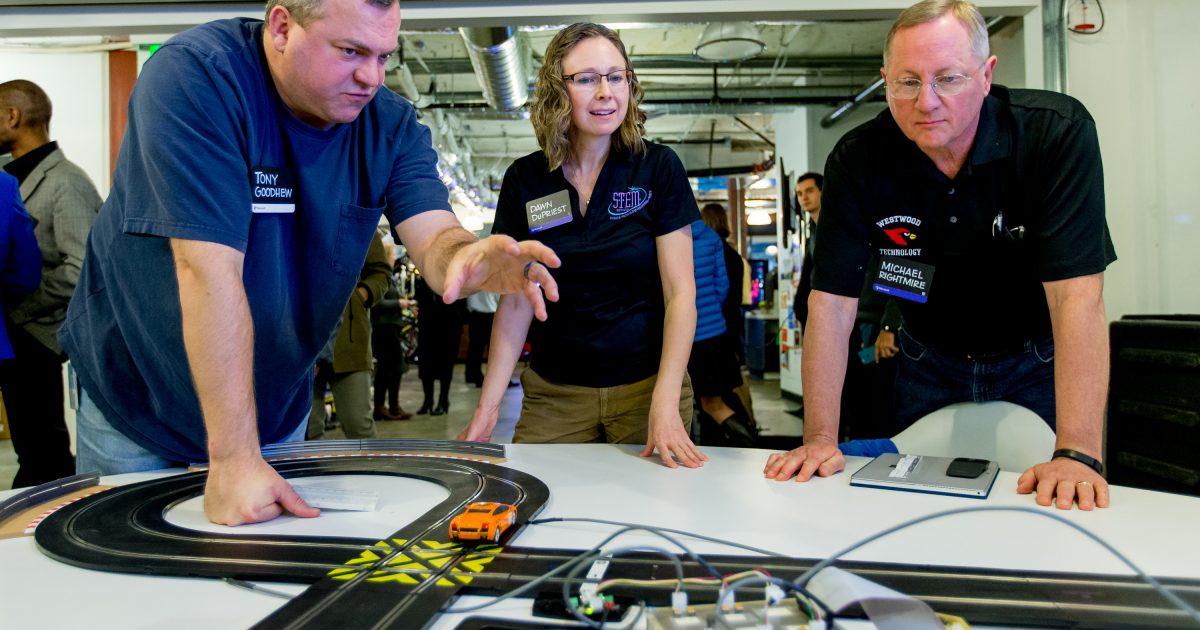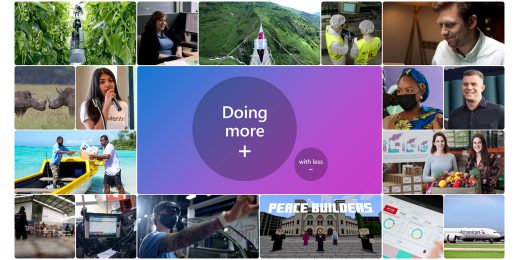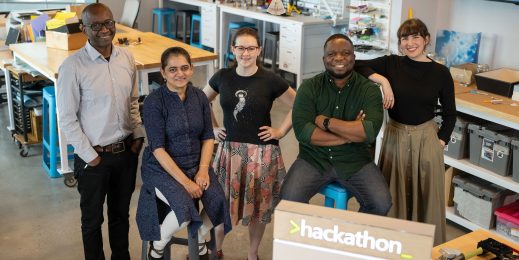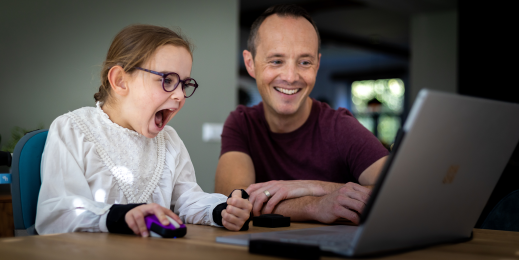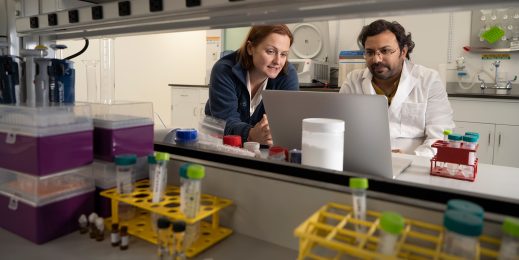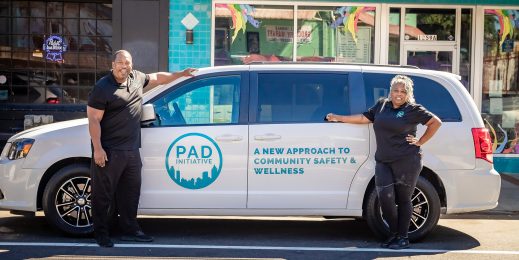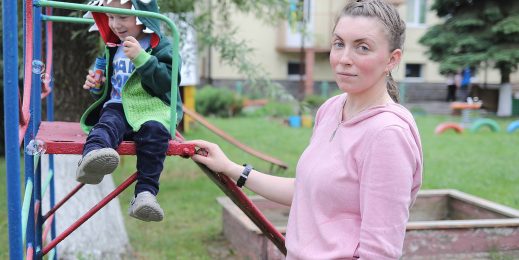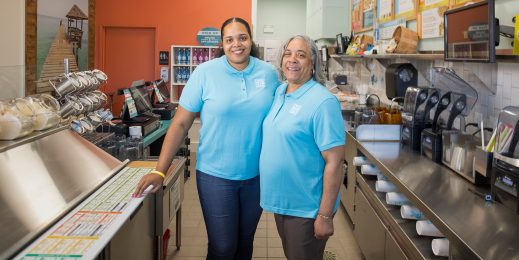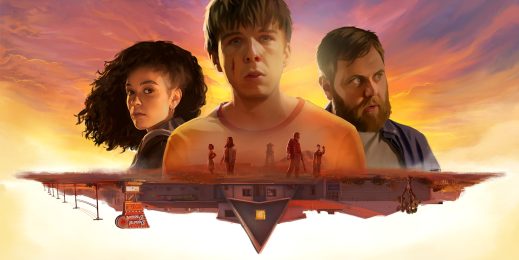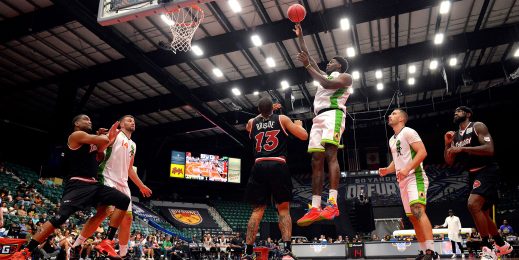
Microsoft shows educators technology that can empower all students
Microsoft hosted a group of educators, students and industry leaders on Monday in a lively workshop that highlighted the company’s commitment to make learning more engaging and accessible, while empowering every student on the planet to achieve more.
Called the Education Underground Workshop, the event at Microsoft’s Redmond, Washington, campus followed an earlier unveiling of a new “Minecraft” coding tutorial by Microsoft and Code.org. Designed to encourage more people to learn computer science, the tutorial was created especially for next month’s Hour of Code campaign during the Computer Science Education Week.
“’Minecraft’ inspires people to be imaginative designers, builders and innovators, and we’re really pleased to partner with Code.org to introduce the creativity of coding to millions of youth around the world,” said Microsoft CEO Satya Nadella.
Microsoft also announced a new partnership with edX to create more courses for school leaders and provide greater access to Microsoft’s current resources for principals, superintendents and other school leaders. And the company highlighted the expansion of the Microsoft Innovative Educator Expert and Showcase Schools programs, welcoming nearly 2,700 more educators and nearly 400 schools from around the world.
At the workshop, Nadella discussed how technology can help teachers and inspire students to learn, innovate and make a difference. He said Microsoft views technology as a tool that promotes lifelong learning, makes education inclusive and creates opportunities, sponsoring initiatives like Microsoft YouthSpark, a global effort to increase access to computer science education for all youth.
The workshop illustrated the power of Microsoft technology in education, including what’s possible with OneNote, Sway and Skype in the Classroom. OneNote can help teachers create organized, interactive lessons, while its customizable reading and dictation features help learners of all abilities.
Andover Middle School teacher Andrea Friend showed how Skype in the Classroom connected her students in Kansas with Kenyan students in need of a clean water system. Her students built a filtration system, and Skype helped make the related lessons in science, math, health and geography meaningful.
“Part of my job as a teacher is to teach kids that we’re more alike than we are different,” said Friend, who is part of Microsoft’s Skype Master Teacher program. “It was great to watch that excitement in their eyes. They wanted to come in everyday, ready to create, ready to design, and build something that was going to help somebody else.”
The workshop also had its share of fun. Participants played a guessing game on Skype with students in Iowa and later roamed blocky buildings and green fields in “Minecraft.” The game is a great classroom tool that helped 5th graders in Surry County Schools learn about biomes and ecology, said Lucas Gillispie, director of academics and digital learning for the North Carolina school district.
“They were assigned to go into ‘Minecraft’ and build swamps and plains with locally sourced resources,” he said. Microsoft’s workshop attendees also got to try the new “Minecraft” coding tutorial.
The day included a glimpse at the “science fair of the future,” with a look at projects from the company’s many hackers, makers and researchers. Projects included ChronoZoom, an open source time visualization tool that uses the concept of zooming to express the scope of time.
Educators and students also got to jump on a giant keyboard to play music with the IoT: core piano, controlled by a Raspberry Pi 2 running Windows 10 IoT Core.
“I love what I’ve seen,” said Rafranz Davis, executive director of professional and digital learning at the Lukfin Independent School District in Texas. She said she wants all students to have access to technology and “the freedom to think and create.”
She was particularly moved by Skype’s ability to connect communities and countries, and she liked the BBC micro:bit, a pocket-sized, codeable computer developed for kids by Microsoft and the BBC.
“I love the direction where Microsoft is going,” she said. “But more than anything, I feel like listening was happening today.”
Lead image: Students and educators attend Microsoft’s Education Underground Workshop in Redmond, Washington on Nov. 16, 2015. (Photography by Scott Eklund/Red Box Pictures).






